Season's Greetings. We are closing midday 20th December & returning 6th January 2025.









Blue Lupin
Blue lupins are a popular choice for cover crops due to their numerous benefits. These leguminous plants have nitrogen-fixing properties, which make them valuable in improving soil fertility by capturing atmospheric nitrogen and converting it into a form usable by plants. Blue lupins are also known for their deep root system, which helps break up compacted soil, enhancing soil structure and water infiltration. Additionally, they act as excellent weed suppressors, reducing the competition for resources and aiding in weed control within your garden. Their ability to add organic matter to the soil upon decomposition further contributes to soil health and overall crop productivity.
Moreover, blue lupins serve as a beneficial rotational crop, particularly in crop rotation systems aimed at reducing reliance on synthetic fertilisers and promoting sustainable agricultural practices. As a cover crop, their dense foliage effectively shields the soil from erosion, minimises nutrient leaching, and promotes biodiversity by providing habitat for beneficial insects.
Blue lupins are adaptable to a variety of climates and soil types, making them a versatile choice for gardeners and growers looking to improve soil quality, boost plant health and productivity and enhance the overall sustainability of their garden.
Botanical Name
Lifecycle
Sowing Time
Preferred Site
Sowing Rate
Soil Temperature for Optimum Germination
Days to Germination
Days to Maturity
Plant Height
Cover Crops are generally sown in the autumn to protect and
benefit the soil over winter, by stabilising the soil from erosion, replacing
lost nutrients and improving soil structure. Used as a Green Manure they are
dug or worked into the soil in late winter/early spring before flowering. The
broken-down organic matter will then help to provide optimal soil conditions
for spring planting.
General Definitions
Annual
A plant that completes its entire life cycle (germinates, grows a plant, flowers, produces seed, dies) in one season. It may self-sow, thereby giving the impression of being perennial. Most annuals will flower 60 to 75 days from sowing.
Hardy Annual
An annual that does not need to be germinated indoors but can be sown direct into its growing position in the garden in spring and is tolerant of frost.
Tender Annual
An annual that is frost tender and can be germinated indoors. Sowing direct or planting outdoors must not occur until all danger of frost has passed (also known as a Half-Hardy Annual).
Biennial
A plant that completes its entire life cycle in two years - growing in the first, reproducing and dying in the second. Typically, but not always, producing flowers only in the second year.
Perennial
A plant that can live for more than two years, surviving the winter and flowering each year from the second season. Perennials may flower within 90 days of sowing in their first season but will more typically flower in their second
season.
Hardy Perennial
A perennial that is frost-tolerant.
Tender Perennial
A perennial that is frost tender.
Hardy
A plant that will survive frost.
Tender
A plant that will not survive frost.
Bolting
Going to seed. Premature formation of a seed stalk, may be due to plant stress.
Botanical Name
The formal scientific name conforming to the International Code of Nomenclature for plants. Identifies the genus and species to which the plant belongs useful in distinguishing plants uniquely.
Cotyledon
The seed leaves or first leaves that emerge from a germinated seed, different in form from the later true leaves.
True Leaves
The leaves that emerge after the cotyledons which are indicative of the true form
of the plant’s leaves.
Determinate
Growth stopped by development of terminal flower buds. A dwarf/bush variety which sets fruit in a concentrated period.
Indeterminate
Growth continuing indefinitely when leaf buds form at the tip of the growth. These varieties need to be staked and continue to set fruit until frost.
Heirloom
A variety that is older than two generations (50 years). Can also be referred to as “Heritage” and is always an open pollinated variety selected for garden performance (flavour, long harvest).
Hybrid
A plant resulting from a cross between two parent plants to give a genetically superior plant i.e. improved disease resistance, better vigour, more uniform harvest. Normally, seed saved from hybrids does not grow true to type.
F1 - The first generation of such a cross. Denoted in the name of the variety.
F2 - The second generation of such a cross etc.
Open Pollinated
Natural cross between plants of the same variety. Refers to non-hybrid seeds or plants.
NPK
Basic nutrient needs of plants:
Nitrogen
(N) - for green growth, healthy soil and microbial activity
Phosphorus
(P) - for flower, fruit and seed production; vigorous roots and disease resistance
Potassium
(K) - essential for building plant tissue (important for young plants) and the
quality and size of fruit.
pH A measurement for the acidity/alkalinity of soil, needed for nutrientavailability and microbial activity.
Scarification
Thepractice of scratching or notching the seed coat to assist germination. Usually
applies to hard coated seed.
Stratification
Chilling seeds to promote germination by breaking dormancy.
Viability
The ability of seeds to germinate.
Vigour
The speed and the strength
of the plant to establish well.
Delivery
Courier delivery by NZ Post.
Delivery available only to valid New Zealand
addresses.
The appropriate delivery charge will be applied at checkout.
Delivery charges are subject to change without notice.
You can track the status of your shipment via the link provided in your order confirmation email or by logging into your account online.
Click n Collect
Seed can only be collected from our warehouse at 189 Wharawhara Rd, Katikati
Select Click n Collect at the checkout
Click n Collect does not apply for collection at any Kings Seeds stockists nationwide.
Returns
Seed or Products can only be returned with authorisation from Kings Seeds.
Any request for the return of Seed or Products must be made within 14 days of delivery to info@kingsseeds.co.nz
Returned Seed or Products will only be accepted if unopened and in the same condition as when supplied and a record of
your purchase can be found
The Customer shall pay all costs in relation to return of the Seed or Products unless it is deemed a warranty issue.
Please see our Terms & Conditions of Sale for further information on our Returns Policy.
Share
Recently Viewed
Related Categories
@kingsseedsnz
Follow us on Instagram
Achillea Pastel Fruits
Colourful mix of yarrows in shades of rose, pink,peach and white. Great for cutting or

Alyssum Carpet of Snow
Popular white flowering ground cover for edging, filling gaps between pavers or growing

Amaranth Garnet Red
Add depth and colour to your salad creations with this attractive

Amaranth Green & Red
Equally appealing for ornamental purposes as it is for culinary uses. Also referred to

Amaranthus Hot Biscuits
Unique golden brown upright stems bring a textural quality to floral work. Stunning for
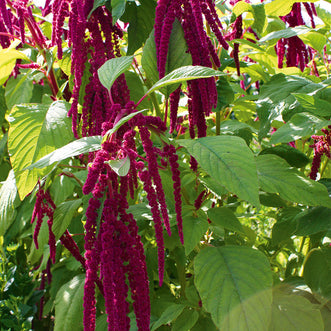
Amaranthus Love Lies Bleeding
Popular for floral work, the cascading red tassels are a striking addition to large bou

Amaranthus Velvet Curtains
Exotic looking, with erect dark-crimson plumes and stunning burgundy foliage. Upright b

Amaranthus Viridis
A stunning cascade of green tassels that fall gracefully adding length, texture and dra

Ammi majus White
Also known as Bishops flower. A highly attractive wild flower with lacy white flowers l

Ammi visnaga Green Mist
Also known as Bishops flower fern leaf. The flowers are greener and more compact than A

Anise
The whole plant has a fragrant sweet smell. Grown usually for its seeds which are used

Basil Cinnamon
Cinnamon basil, also known as Mexican spice basil, has a spicy, fragrant aroma and flav
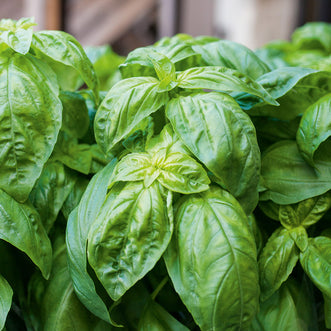
Basil Genovese Giant
A large leaf variety of the well-known, standard Genovese basil strain.
Not jus

Basil Lettuce Leaf
The most vigorous and highly prolific variety of culinary Basils.
The large leav
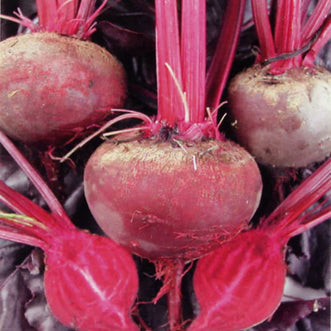
Beetroot Bulls Blood
An American heirloom that produces beautiful vibrant red, globe-shaped roots. A versati

Bells of Ireland
This unique plant adds vertical interest to garden beds and bouquets, captivating garde
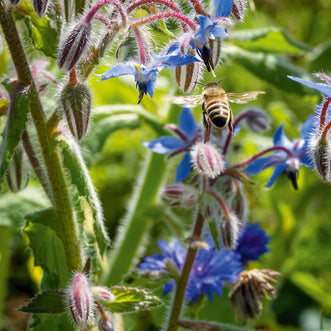
Borage
Borage is grown mostly for its bright blue edible flower and is an excellent bee plant
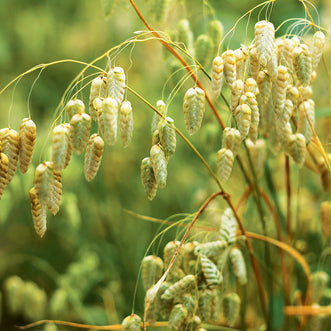
Briza Quaking Grass
Ornamental grass with graceful paper lantern-like flower heads that are white, tinged w
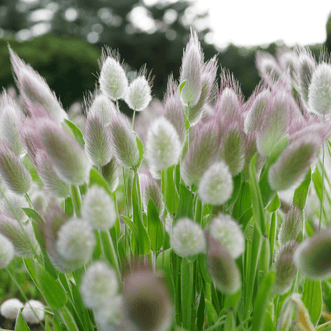
Bunny Tails Grass
Ornamental grass with soft fluffy white flower heads reminiscent of bunny tails. A grea

Cabbage Chinese Mini Gold F1
Fast growing, mini Kimchi cabbage with a golden yellow interior and a sweet, crunchy fl

Cabbage Korean Kimchi Red F1
Unique dark-purple Kimchi cabbage especially bred for pickling the leaves. A semi-headi
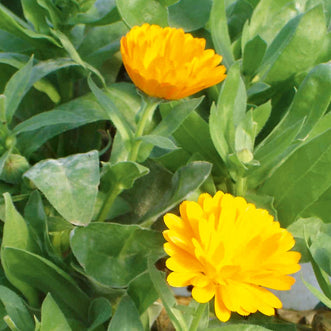
Calendula Nova
Considered among gardeners as one of the easiest and most versatile flowers to grow in

Campanula Blue Bell
One of the best of all perennial bell flowers. From the spreading roo

Campanula Cup & Saucer Mix
Also known as Canterbury Bells, this mix produces a stunning array of bell-shaped flowe

Candytuft Flash Mix
Mound-shaped plants form a blanket of colour including shades of lilac, purple, white,

Capsicum California Wonder Golden
Highly regarded heirloom capsicum, noted for its adaptability and reliability. Sweet an

Caraway
Grown mainly for its seeds which have a pungent anise-like flavour and aroma that comes
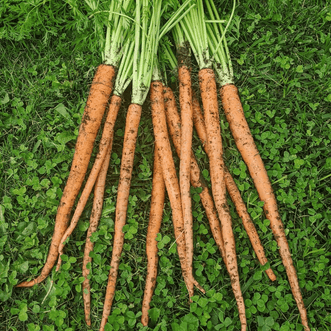
Carrot Nagai (treated seed)
Super long heirloom carrot from Japan, can grow to over 60cm yet still be sweet and cri

Carrot Paris Market
A small round carrot that matures extra early, this 19th century French heirloom variet

Carrot Touchon
Heirloom French Nantes style carrot renowned for its crisp juicy texture and being near

Catnip
Well known for the way its leaves and blossoms, either dried or fresh, are relished by
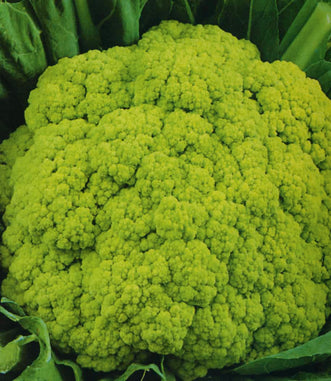
Cauliflower Green Macerata
An attractive lime-green cauliflower with very good flavour that can be a nice change f

Celtuce
Chinese stem lettuce primarily grown for its thick crisp stem and used sliced in stir f
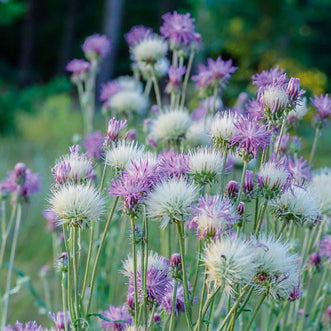
Centaurea Sweet Sultan Mix
Cottage garden favourite with honey-scented, soft thistle-like flowers in white, rose,
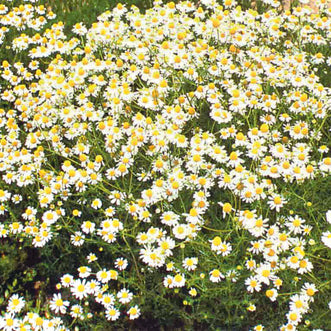
Chamomile German
Tea made from the flowers of this variety is very popular as an aid to digestion. The f

Chervil
A member of the parsley family, but more delicate in flavour with a subtle taste of lic

Chicory
Fantastic, year round, upright growth which grazing animals, including cows, deer, shee

Chicory Treviso
This radicchio is what is known as a "Treviso" type - named for the region in Italy fro

Chilli Cherry
Cherry chillies typically have a Scoville rating of about 2,500 to 5,000. These chillie
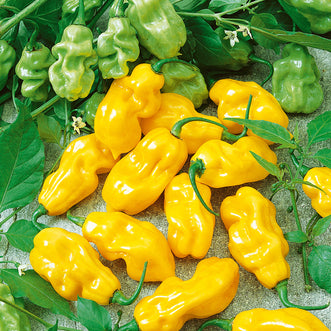
Chilli Habanero Yellow
Breathtakingly hot chilli with a Scoville rating of 100,000-350,000. Sturdy one-metre t

Chilli Pancho F1
With a Scoville rating of 2,500-8,000, these popular chillies are known for their mediu

Chives Garlic New Belt
An attractive perennial closely related to common Chives but with a mild garlic, rather

Choy Sum
Choy sum (Tsai shim) is also known as Chinese flowering cabbage and a popular leafy veg

Choy Sum Hon Tsai Tai
A purple stemmed choy sum this is a versatile Asian green, featuring tender leaves and

Collard Greens
A cold-hardy brassica, Collards are a nutritious leafy green high in vitamins A and K.
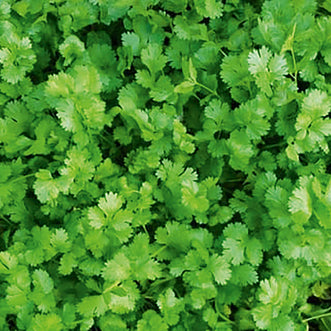
Coriander Picante
A very popular herb for culinary use, all parts of the plant are edible, but the fresh
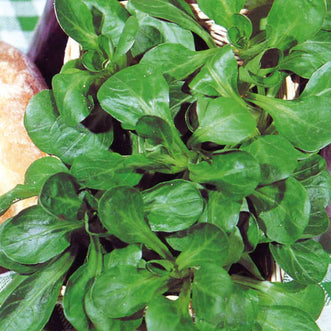
Corn Salad Verte de Cambrai
Also known as lambs lettuce or mache, it deserves wider recognition as an ideal substit
Your Cart is Empty
Know what you’re looking for?
In a hurry? Know exactly what you want? You can enter the product codes here and proceed straight through the Checkout.
Use Quick CheckoutEarn two FREE Packets
You are just $40.00 away from earning two FREE packets.
Purchase value excludes gift cards purchased & delivery charges.
You have reached the maximum FREE bonus packets
Loading...
Subtotal
NZ $0.00
Taxes and shipping calculated at checkout
You May Like
Catalogue
Add Free of Charge
- Choosing a selection results in a full page refresh.
- Opens in a new window.

